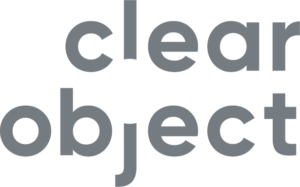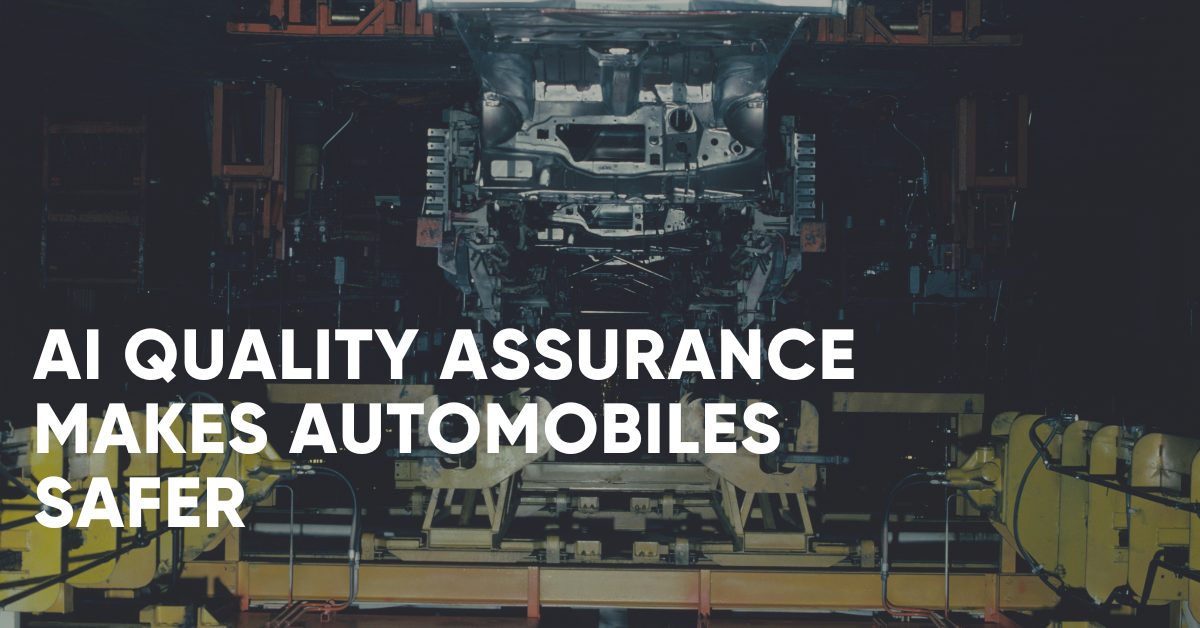Since the 1950’s, safety has been a top concern for auto manufacturers, some have even promoted safety as a competitive differentiator. Now with the advent of artificial intelligence (AI) technology, manufacturers have access to new tools that can help them make even safer components and cars while saving money in the process. In this blog post, we’ll take a closer look at how AI-powered quality assurance (QA) in auto manufacturing can achieve these goals.
What is AI-powered QA?
First, let’s define what AI-powered QA is and how it works. AI-powered QA uses machine learning algorithms to analyze large datasets of images, video, and other sensory inputs in order to identify patterns, anomalies, and defects in parts and components. This technology is particularly useful for identifying defects that might be missed by human inspectors, such as microscopic cracks or surface irregularities.
Key Benefits of AI QA in Auto Manufacturing
Save Money: One of the key benefits of AI-powered QA is that it can significantly reduce the cost of inspections. In traditional manufacturing processes, human inspectors are often required to visually inspect every component that comes off the production line. This can be a time-consuming and costly process, especially for large-scale manufacturers. AI-powered QA, on the other hand, can automate much of this process, allowing manufacturers to quickly and accurately identify defects without the need for human intervention.
Increased Accuracy: Another advantage of AI-powered QA is that it can help manufacturers identify defects that might otherwise go unnoticed. For example, AI algorithms can be trained to detect subtle variations in the color or texture of parts that could indicate a defect. This level of precision can be difficult for human inspectors to achieve, especially when dealing with large volumes of components.
Safer Components: But perhaps the most important benefit of AI-powered QA is that it can help manufacturers create safer components and vehicles. By identifying defects early in the production process, manufacturers can ensure that faulty parts are caught and corrected before they make it into a finished vehicle. This can help prevent accidents and save lives.
– Akio Toyoda, CEO of Toyota
AI Quality Assurance in Practice
For example, consider a scenario where a manufacturer is producing a batch of brake pads. One of the brake pads in the batch has a microscopic defect that could cause it to fail prematurely. Without AI-powered QA, this defect might go unnoticed and the faulty brake pad could end up in a vehicle. If the defect causes the brake pad to fail while the vehicle is in use, it could lead to a serious accident. However, with AI-powered QA in place, the defect would be identified and the brake pad would be removed from the production line before it could cause any harm.
AI-powered QA can also help manufacturers identify patterns of defects that might indicate a larger issue with a particular part or component. For example, if a manufacturer notices that a particular batch of engine blocks is consistently failing QA inspections, they can investigate the issue further to determine the root cause of the problem. This kind of proactive approach can help manufacturers identify and address issues before they become widespread problems that could impact the safety of vehicles on the road. Fixing a potential problem today is significantly more cost effective than a recall in the future.
Just the Beginning
AI-powered QA is a powerful tool that can help automotive manufacturers create safer components and vehicles while saving money in the process. By automating inspections, identifying defects that might go unnoticed by human inspectors, and proactively addressing potential issues, manufacturers can ensure that their products meet the highest standards of safety and quality. As AI technology continues to advance, we can expect to see even more innovative applications of AI-powered QA in auto manufacturing in the years to come.
– Oliver Blume, CEO of Porsche AG
Explore ClearVision

